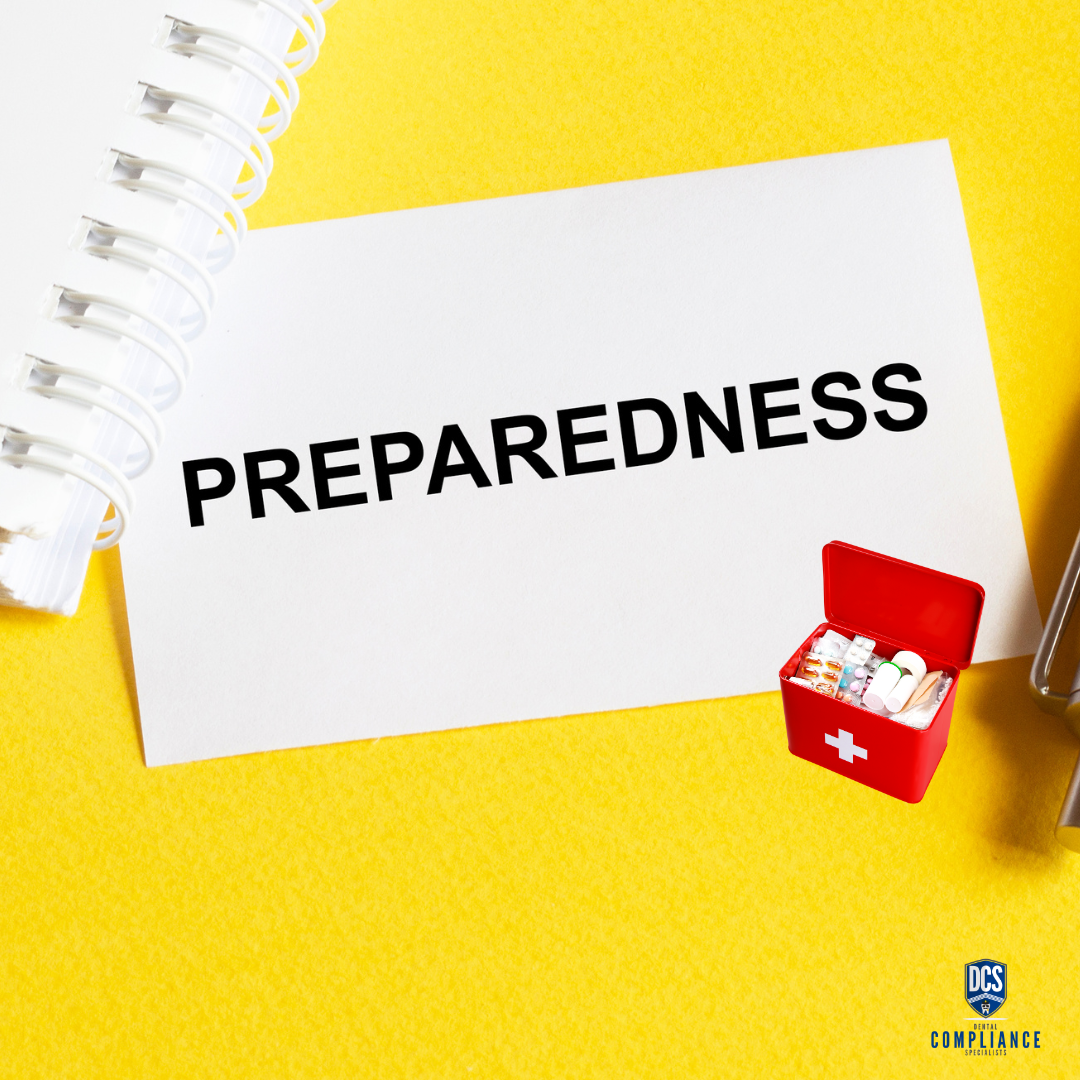Written by Duane Tinker (aka the Toothcop)
The Hippocratic Oath, a timeless ethical framework for healthcare professionals, is often associated with physicians. However, its principles hold significance for dentists, dental hygienists, and dental assistants, especially in the context of emergency medical care.
In this blog, we explore the relevance of the Hippocratic Oath in dentistry, particularly during medical emergencies, and how it guides the actions of dental professionals in ensuring patient safety and well-being.
Understanding the Hippocratic Oath
The Hippocratic Oath, attributed to the ancient Greek physician Hippocrates, lays out fundamental principles that healthcare practitioners pledge to uphold. These principles encompass:
Beneficence: The commitment to act in the best interests of the patient, prioritizing their health and well-being.
Non-Maleficence: The obligation to do no harm and to avoid actions that may cause harm to the patient.
Confidentiality: Respecting patient privacy and safeguarding their medical information.
Autonomy: Respecting the patient's right to make informed decisions about their healthcare.
Justice: Ensuring fairness and equitable distribution of healthcare resources.
Dentistry's Ethical Commitment While dentists do not typically recite the Hippocratic Oath, they take their own oath when entering the dental profession. This oath reflects similar values and underscores the dentist's commitment to patient care, ethics, and professionalism.
The Critical Role in Emergency Medical Care
In the dental setting, emergencies can arise, ranging from allergic reactions to cardiac events. In these critical moments, dental professionals, including dentists, dental hygienists, and dental assistants, play a pivotal role as first responders.
Applying the Oath in Emergencies Here's how the principles of the Hippocratic Oath apply during dental emergencies:
Beneficence: The paramount concern must always be the patient's well-being. Prompt and appropriate actions are essential in potentially life-threatening situations.
Non-Maleficence: Uphold the principle of "do no harm" in emergency interventions. Administer aid within the scope of training and competence to minimize harm.
Confidentiality: Even during emergencies, patient privacy remains paramount. Limit discussions about the situation to those directly involved in the patient's care.
Autonomy: If the patient is conscious and able to communicate, involve them in decision-making about their care whenever possible.
Justice: Maintain consistent emergency response protocols for all patients, irrespective of their background or circumstances.
The Importance of Emergency Preparedness
To align with the principles of the Hippocratic Oath, dental practices must prioritize emergency preparedness, which includes:
Training: Regular training in CPR, first aid, and emergency response protocols is crucial for all dental team members.
Equipment: Ensure that emergency medical equipment, such as automated external defibrillators (AEDs), oxygen, and medications, complies with regulations and is readily accessible.
Communication: Establish clear communication protocols for alerting the team to emergencies and coordinating responses.
Documentation: Thoroughly document all aspects of the emergency, including actions taken and patient responses, both for patient care and legal purposes.
Review and Improvement: Conduct post-emergency debriefs to assess the response and identify areas for protocol or training enhancement.
Conclusion:
Although dentists, dental hygienists, and dental assistants may not formally recite the Hippocratic Oath, its principles undeniably apply in their practice, particularly in the high-stakes context of emergency medical care. By embodying these principles, dental professionals not only fulfill their commitment to ethical patient care but also ensure the safety and well-being of those they serve.
The Hippocratic Oath serves as a guiding light, emphasizing the importance of patient-focused, ethical healthcare delivery in the field of dentistry. Remember, emergency or not, ‘First, do no harm.’


